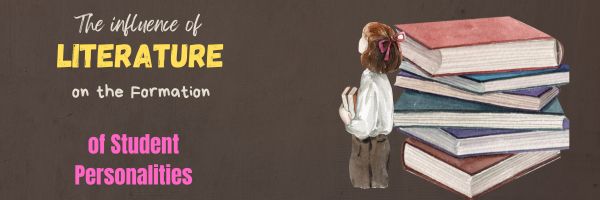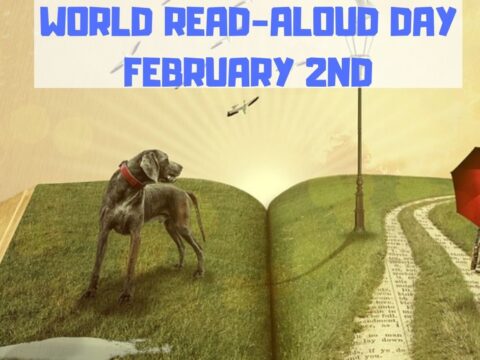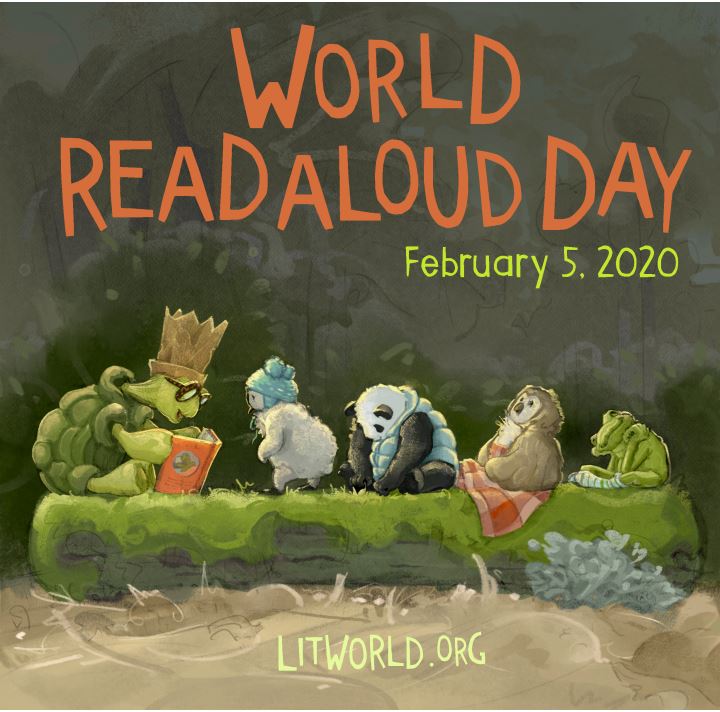No one questions whether literature influences the formation of student personalities. It enhances cognitive abilities, emotional intelligence, moral and ethical development, identity formation, communication skills, social awareness, and creativity. It helps students to grow into well-rounded individuals with a deeper understanding of themselves and the world around them.
One of our Ask a Tech Teacher contributors has a more in-depth analysis of this seemingly benign causative influence:
The Influence of Literature on the Formation of the Personalities of Students
The Influence of Books
Literature is a separate area that plays a significant role in the formation of a personality. It can be different. Fiction, essays, science. Children’s literature, memoir, poetry. Starting from early childhood, we have the opportunity to immerse ourselves in the fascinating adventure or scientific world of books. After all, fiction includes novels, short stories, and novellas. Essays convey the author’s thoughts and analysis of a particular topic. Scientific literature includes scientific articles and publications in academic journals. Poetry uses language and rhythm to express feelings and emotions. Memoirs tell about the life and experiences of the author. Children’s literature includes fairy tales, adventures, and educational literature. Religious literature explores religious issues, ethics, and morality.
All of the above is very relevant for students. For they are in a period of self-determination and search for their place in the world. Studying literature does not just broaden students’ horizons. It influences their intensive personal development, and thus their personal growth. Let’s take a closer look at the impact of literature on the formation of students’ personalities, in particular, on the example of The Distance Between Us.
Literature’s Impact on Students
Moral development and self-improvement
Books are not only a source of knowledge. It is not an exaggeration to say that literature is a source of intellectual satisfaction. The latter will directly affect moral development and self-improvement. Storytelling in literary pieces helps students understand themselves, other people, and the world around them. Reyna Grande’s The Distance Between Us is one such example. This story allows us to reflect on important issues. These are the relationships between people, the search for oneself, the problems of communication, and many others. All of them are valuable and touch upon deep psychological and moral themes.
Therefore, students can analyze the situations, experiences, and actions of the characters through this book. An essay on The Distance Between Us can be a great way for students to show how they can analyze characters and their actions. There is also no need to worry about the ability to write a structured and meaningful paper because The distance between us available essays topics will help not only to navigate the theme but also to create a quality paper that will qualify for a good grade. At the same time, students will learn even more about the story and look at it from different perspectives.
Formation of personality
Reading books not only broadens students’ horizons but also develops their thinking and perception skills. Books encourage students to reflect on current issues. In this way, they develop their own views and opinions. In other words, students’ personal growth is formed. Studying literary works helps to enrich one’s inner world, and to understand oneself and others. Characters in books become role models. Or, on the contrary, they inspire self-reflection and, accordingly, internal development.
The events and actions of different characters help to develop such important areas of personality as
- Imagination,
- emotional intelligence,
- ethical standards,
- moral values,
- tolerance,
- empathy and compassion for other people.
Reading about justice and moral principles, which are present in many literary texts, helps students develop a value orientation. It also helps them to realize their own goals and ideals.
Critical thinking and analysis
Studying literature helps students develop critical thinking and analysis. This is because each character has certain values and performs actions that are in line with or contrary to moral principles and norms. That is why critical thinking and analysis are developed, as students use their own experiences and compare them with what they read. If they have not yet had such an experience, students can draw the development of events themselves and how they would have acted in the place of the main characters. So, analysis is actively involved. And this, along with critical thinking, is a very important skill for later adult life. The ability to analyze and express one’s thoughts in a team is important in all areas of life, including professional activities.
Proper communication and academic performance
Students who actively read have a high level of communication skills and creativity. They also cope with complex academic tasks more easily. These can be:
- preparing for exams,
- writing diploma papers,
- conducting research, etc.
Each essay or novel has a specific style and language of the author. So, the student’s vocabulary is constantly enriched. It becomes filled with metaphors, similes, and allegories. Thus, the student’s speech is deeper and their presentation of thoughts becomes more interesting.
Final remarks
All of the above proves once again that literature has a significant impact on the formation of students’ personalitiеs. Reading broadens one’s horizons, develops imagination, and has a considerable impact on the development of emotional intelligence. In addition, it encourages the formation of moral values and ethical standards. Literature also stimulates students’ thinking. It helps to develop creativity and, at the same time, the ability to analyze critically. And these qualities have long played a key role not only in successful learning but also in career development.
All of this emphasizes the importance of including litеrature in the curriculum and encouraging students to read actively. Through literature, we not only deepen our understanding of the world but also open up new horizons. We learn to feel and understand emotions and thoughts that are different from our own. In this way, we form our identity and values.
Thus, litеrature plays an important role in the educational process. It contributes not only to the acquisition of knowledge but also to personal growth and the formation of values. Through litеrature, students can find answers to many of the questions that life poses to them. Thus, they broaden their worldview. Therefore, the inclusion of literature in education is a valuable contribution to the development of students’ personalities and preparing them for adulthood.
Here’s the sign-up link if the image above doesn’t work:
Jacqui Murray has been teaching K-18 technology for 30 years. She is the editor/author of over a hundred tech ed resources including a K-12 technology curriculum, K-8 keyboard curriculum, K-8 Digital Citizenship curriculum. She is an adjunct professor in tech ed, Master Teacher, webmaster for four blogs, an Amazon Vine Voice, CSTA presentation reviewer, freelance journalist on tech ed topics, contributor to NEA Today, and author of the tech thrillers, To Hunt a Sub and Twenty-four Days. You can find her resources at Structured Learning.






































Great article. I totally agree about the importance of literature.
Hi Jacqui. This is a very good and well thought out article. It is true that as a reader, we consider the actions of characters and decide what we would have done. Honestly, when Mr de Winter confessed to his new wife that he’d murdered host first wife in Rebecca, I was astonished by her reaction. I don’t think I would have taken the news that I’d married a murdered that calmly.
Great article thank you Jacqui. One of the areas that is interesting when reading books is how quickly you pick up on whether the author is also a book reader. As well as developing personalities and social skills it also broadens the vocabulary used every day. Literature enriches our lives in so many ways, particular for the young.